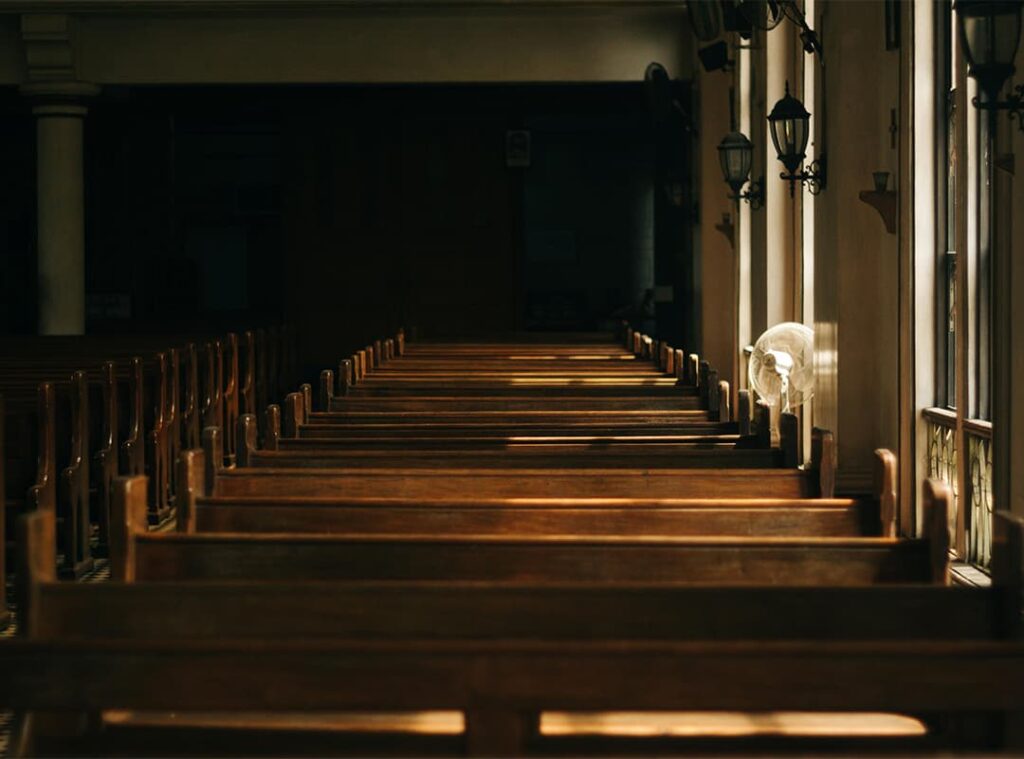On Sunday, August 5, Bishop Azad Marshall was officially installed as the sixth Bishop of Iran during a multilingual ceremony held at St. Paul’s Church in Tehran.
The event drew a crowd of over 200 attendees, who were treated to remarkable performances by the House of Worship and Messiah Worship Choir, alongside an orchestra. The singing, presented in both Farsi and English, was a highlight of the three-hour service. Notably, the Messiah Worship Choir, directed by Honiball Yousef, holds the distinction of being Iran’s first professional Christian choir.
The diverse congregation included Anglicans, Armenian Orthodox, Armenian Evangelical members, Assemblies of God participants, Roman Catholics, Orthodox Christians, and Muslims. Diplomatic representatives from the embassies of Egypt, Pakistan, and the United Kingdom were also in attendance. Iran’s Christian population is estimated at around 100,000, including Armenian Christians. However, the Anglican community has remained dispersed, making it difficult to ascertain their exact numbers.
Dr. Sadighati, a senior official from the office of the President, also attended the service. He spoke afterward about the respect and freedom afforded to all religious minorities in Iran, emphasizing the right to change one’s religion, acknowledging that many Christians in Iran originate from the Muslim community.
Bishop Michael Nazir-Ali of Rochester, representing the Archbishop of Canterbury, delivered a sermon to the congregation, which included both Christians and Muslims. His sermon, on the eve of the Feast of the Transfiguration, was initially given in Farsi and drew on Persian poetry to illustrate the divinity of Jesus in culturally familiar terms. He continued in English, saying, “The glory of God is seen in the risen Jesus and also in the glory of men and women as they are meant to be but which we have lost through sin and rebellion. Jesus said, ‘I, when I am lifted up, will draw everyone to myself.’ As those who live the risen life, we must see what we have to put off and what we have to put on. Our task is to seek such glory of Jesus. His risen life is to be found in the Bible. His risen life helps us lose what hinders life. My hope is that Bishop Azad, whose name means ‘free,’ will free you to be followers of the risen Christ and help you to know what you have to put off and what to put on to live his risen life.”
During the greetings from religious and civic leaders, Dr. Wazirie from the Council of Guidance began by honoring the great prophet Jesus Christ and His holy mother, St. Mary. He spoke warmly of religious tolerance, stating, “When everyone praises God because they are happy, they are linked with us. Anyone in suffering who asks God for help in the middle of the night is our brother. We feel great sympathy and closeness for everyone who believes in God in his heart. Those priests and bishops who are asking God for help in the middle of the night are paving the way for morality in society.” He also quoted a verse from the Quran, highlighting Christians as the closest to Muslims. Many attendees expressed hope that the daily reality would align with these words.
The Presiding Bishop of Jerusalem and the Middle East, Mouneer Anis, remarked, “Many countries in the Middle East are places where religions and civilizations came together. They speak now of a clash of civilizations. By the grace of God, we want to return to the origin where the civilizations of this region converged for a better world and humanity.” The Archbishop of Canterbury also sent his greetings, delivered by Bishop Paul Butler of Southampton, emphasizing the importance of building relationships with government and religious leaders and expressing eagerness to work together in promoting deeper mutual understanding.
In his closing remarks, Bishop Azad stated, “My Christ did not come for only Christians; my Christ is for the whole world. With your help and cooperation, I will seek to serve both Muslims and Christians because Christ came to serve all.”
On the eve of the installation, the visiting Bishops and Archbishops paid their respects at the mausoleum-shrine of Ayatollah Khomeini, where they laid a wreath and were honored by a guard of honor. They also met with government officials. In the days following the installation, Geo TV filmed a documentary as Bishop Marshall met with government and religious leaders. The bishops and guests also visited a Jewish synagogue for evening prayers and met with the MP representing the Jewish community of approximately 25,000, whose history in Iran dates back to their exile from Jerusalem in 597 BC. Dialogue meetings were also held with clerics from the Council of Guidance and former President Ayatollah Khatami, who warmly welcomed Bishop Marshall, saying, “This is your home.”
